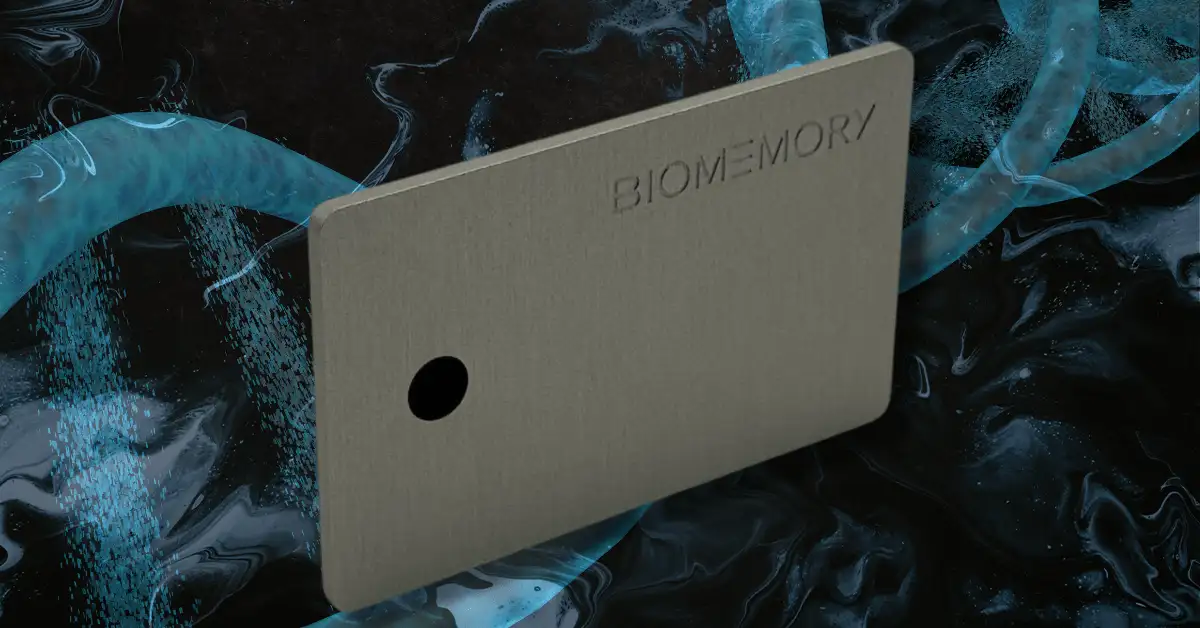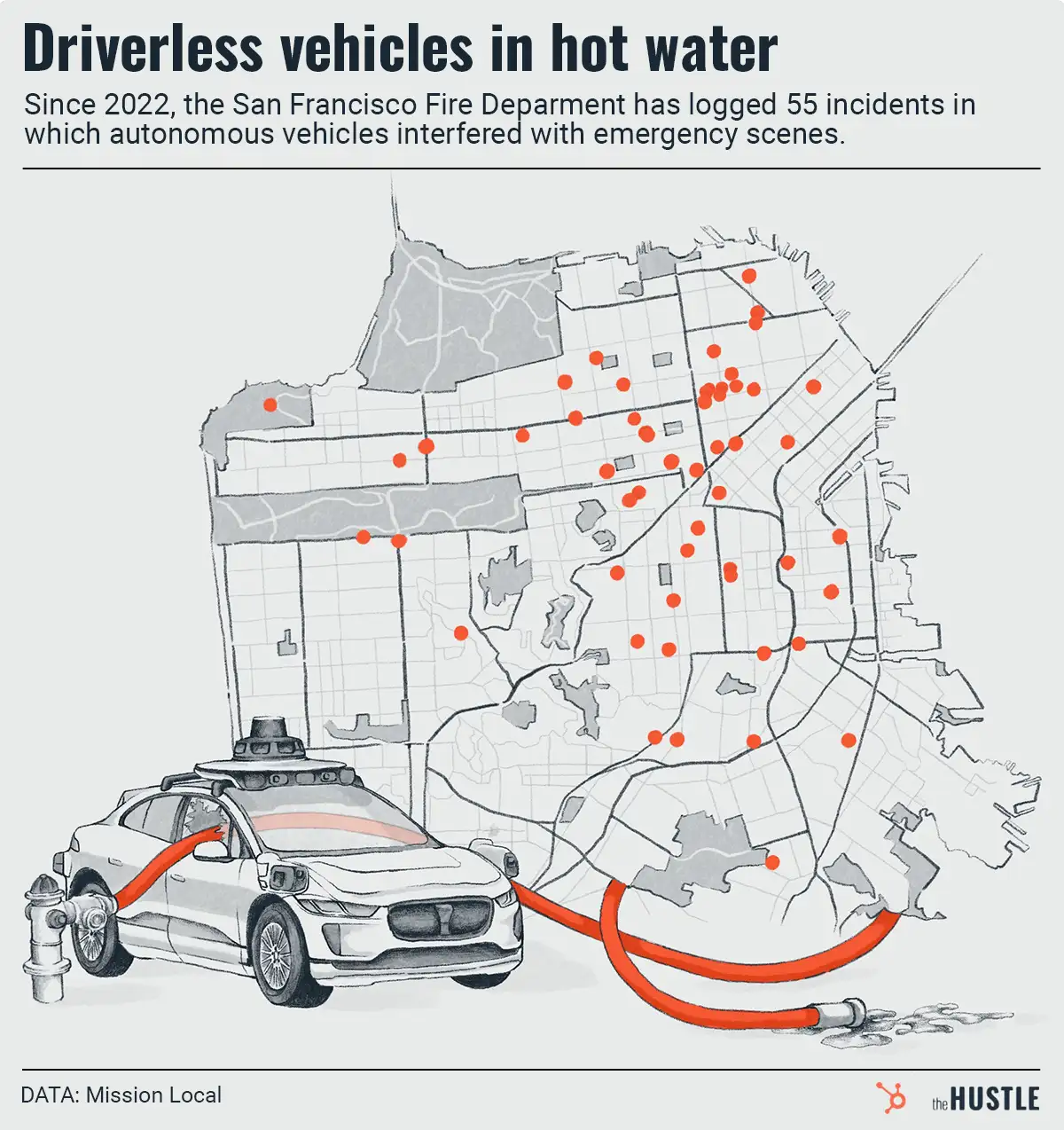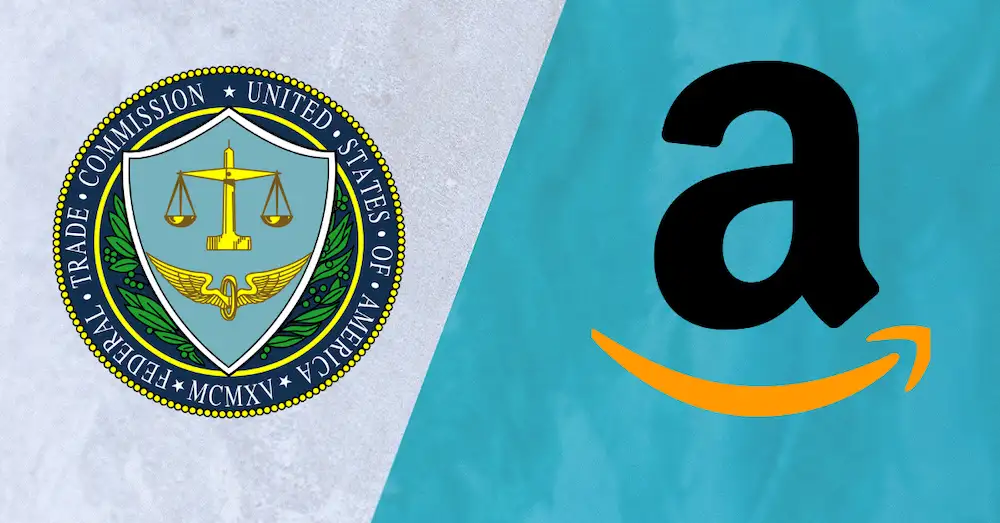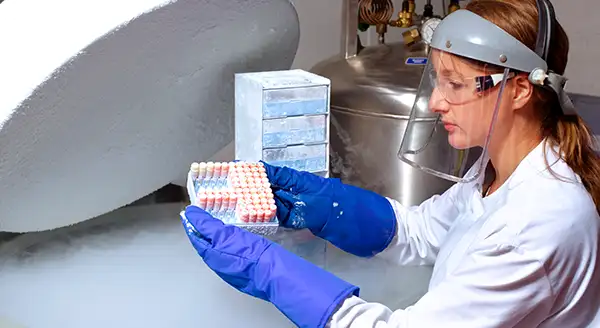
Despite sketchy science, biotech companies are lining up to get into your genes
After the price of gene testing dropped, new companies cropped up to offer more than 75,000 different genetic tests -- and the medical community is struggling to keep up.
Published:
Updated:
Related Articles
-

-

Why you usually can’t buy weed with a credit card… for now
-

Where there’s smoke, there’s an autonomous vehicle blocking a fire
-

Meta vs. Canada is a long pattern of dismantling news
-

Is the ‘Big One’ about to drop on Amazon?
-

Cooling the planet is as easy as putting an umbrella on an asteroid and blocking out the sun
-

Life on (not actually) Mars
-

Indiana Jones inched archaeology forward, but tech is bringing the big leaps
-

The legacy of this late Nobel-winning chemist deserves a plug
-

Is egg freezing ready for a high-tech upgrade?

